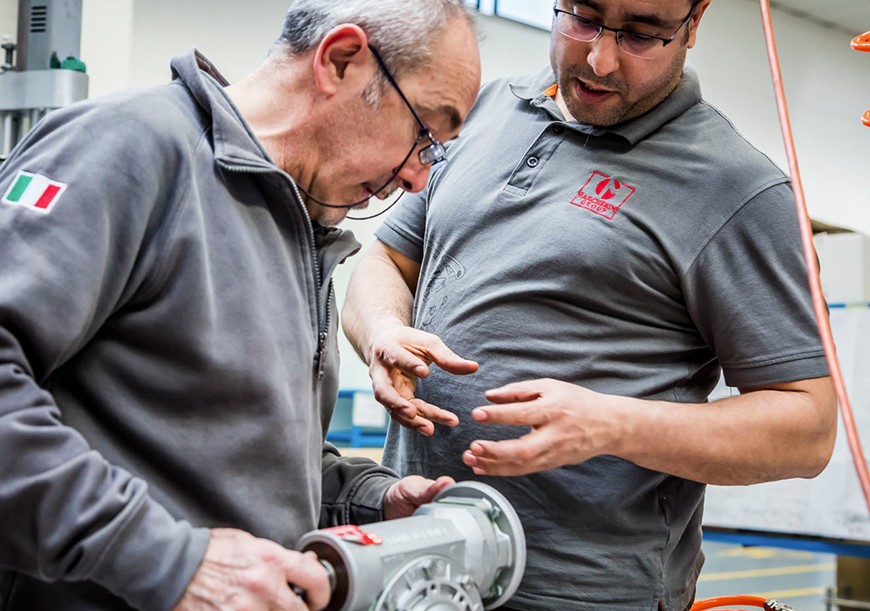Corporate




The mechanical sector is an umbrella for different activities linked to the design, installation, use and maintenance of machinery intended for a wide range of manufacturing fields.
The professional figures who are part of the mechanical sector work on different stages of machine production: the planning and design of individual components or the actual machines; the creation of prototypes and subsequent testing and inspection; the validation of production processes; lastly, the drafting of technical manuals.
There are also other employee categories who install, assemble and fit different types and sizes of machines. They also deal with maintenance and identification of faults, followed by any repairs necessary.
First and foremost, knowledge of machine operation. The level of expertise required varies depending on the position: a factory worker, for example, needs to know how the machine works in general; the technical electronic or mechanical designer, on the other hand, requires detailed knowledge of every aspect of the design, assembly techniques and machine operation. The different levels of skill are reflected in the qualifications required for the various positions: machine operators must have a technical, vocational educational background, while designers are required to have a specific academic qualification (degree in Mechanical or Automation engineering).
Apart from notional aspects, mechanical sector workers must have excellent problem-solving abilities, as part of their job consists of controlling complex processes that must follow a very precise procedure, from planning through to maintenance.